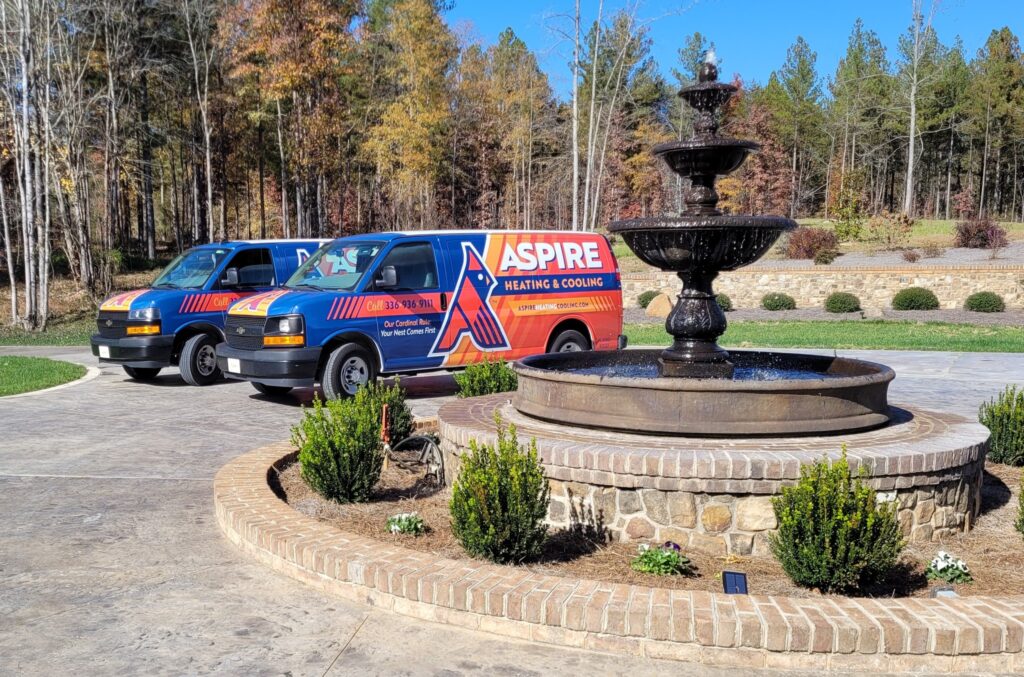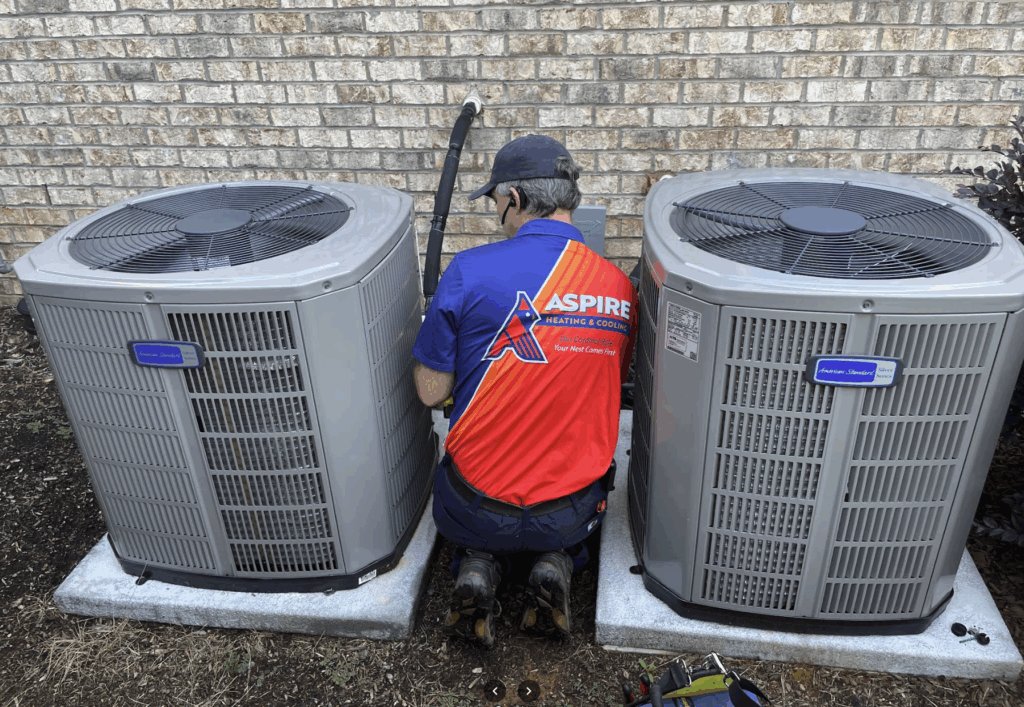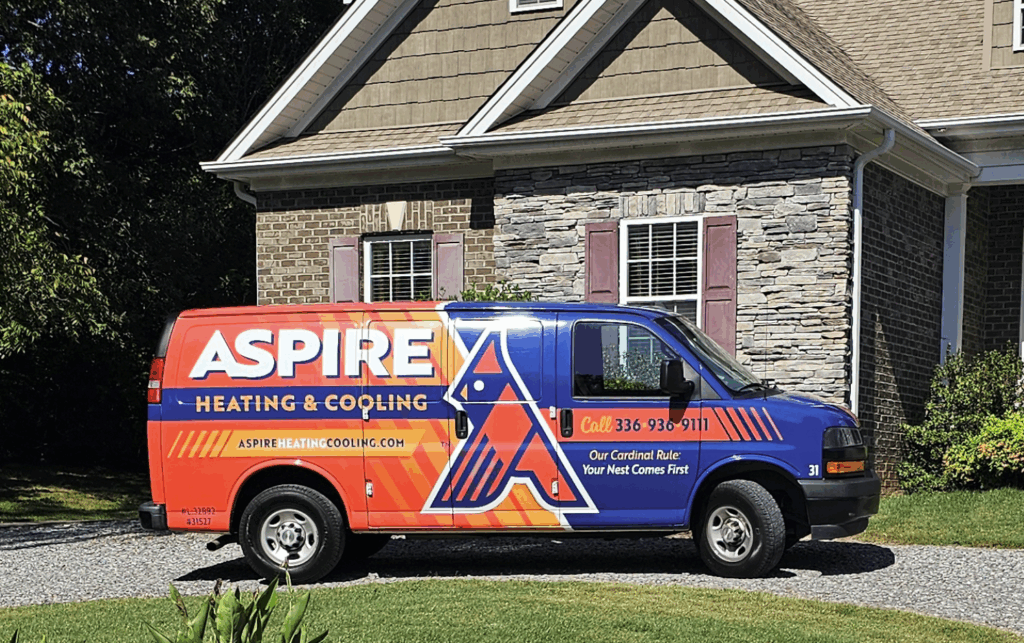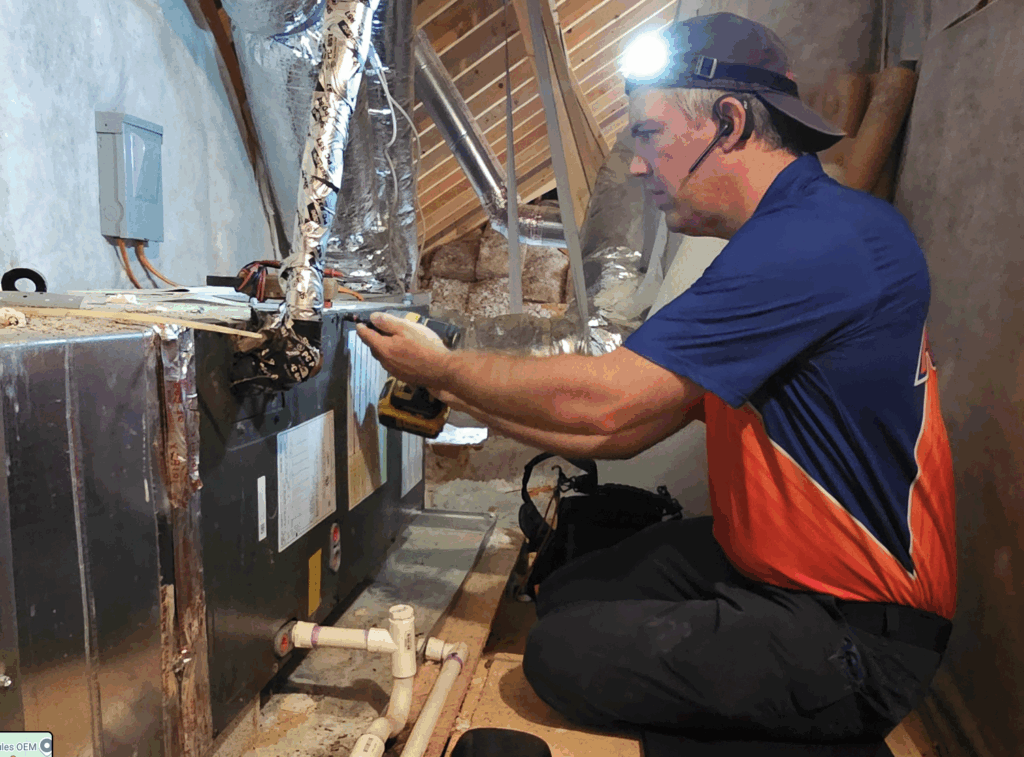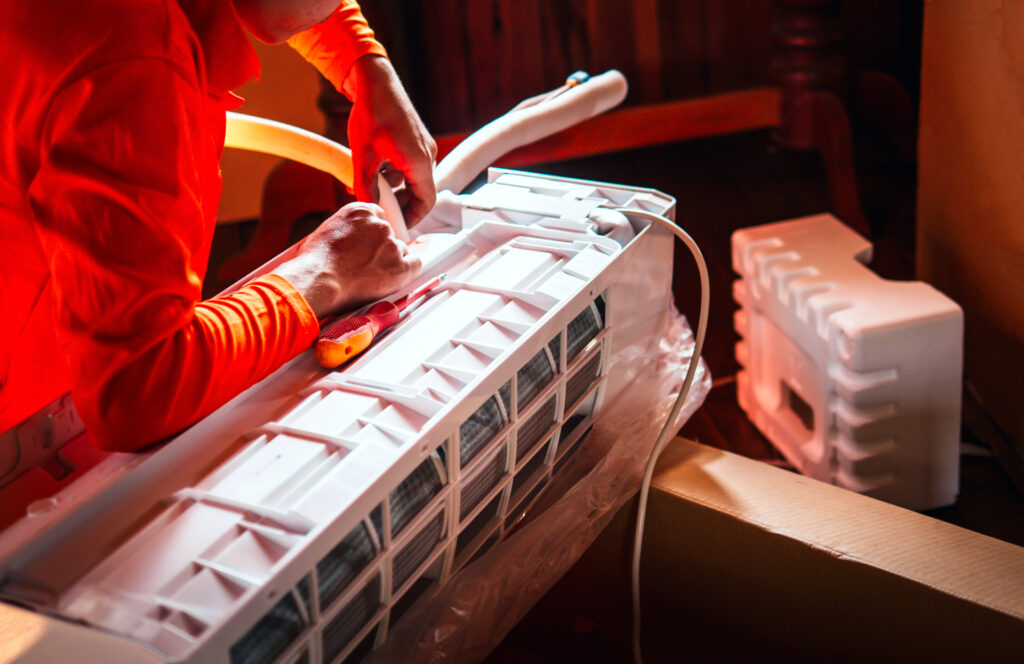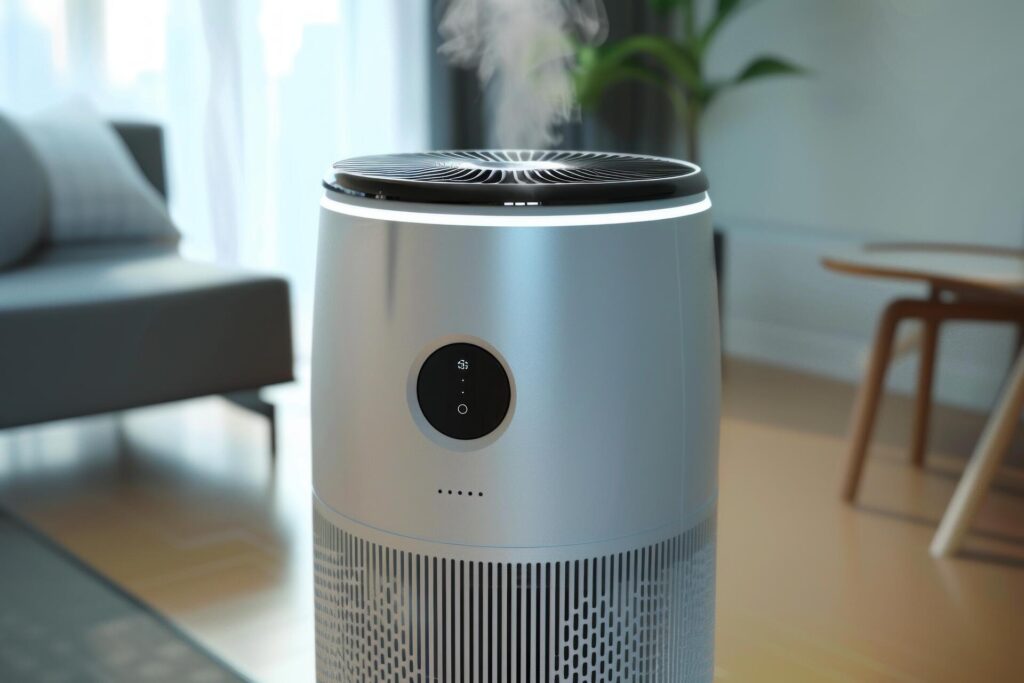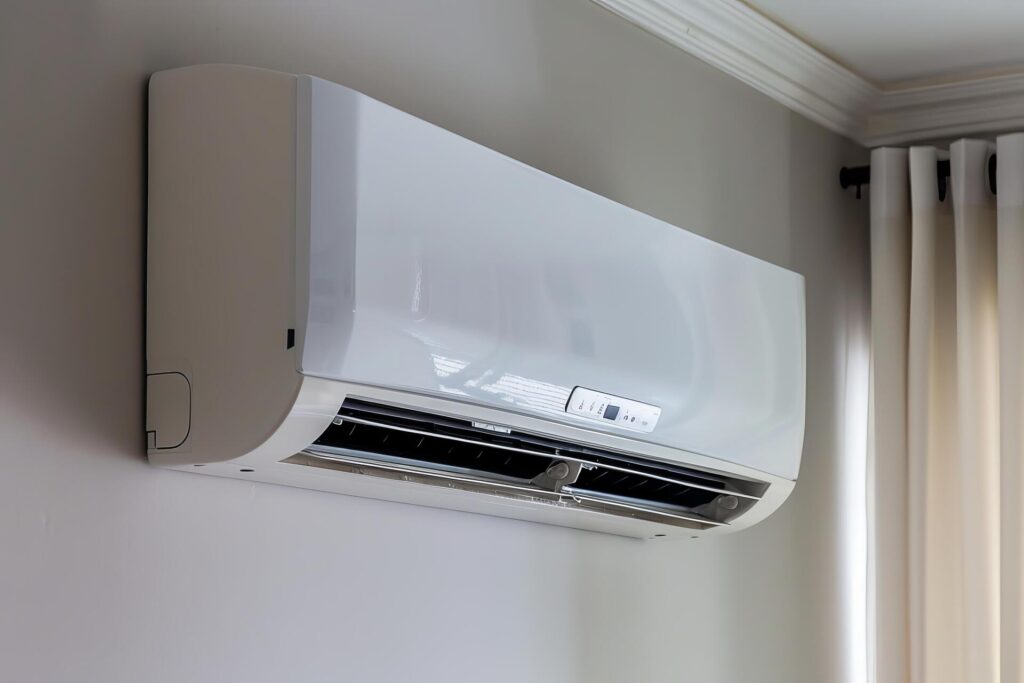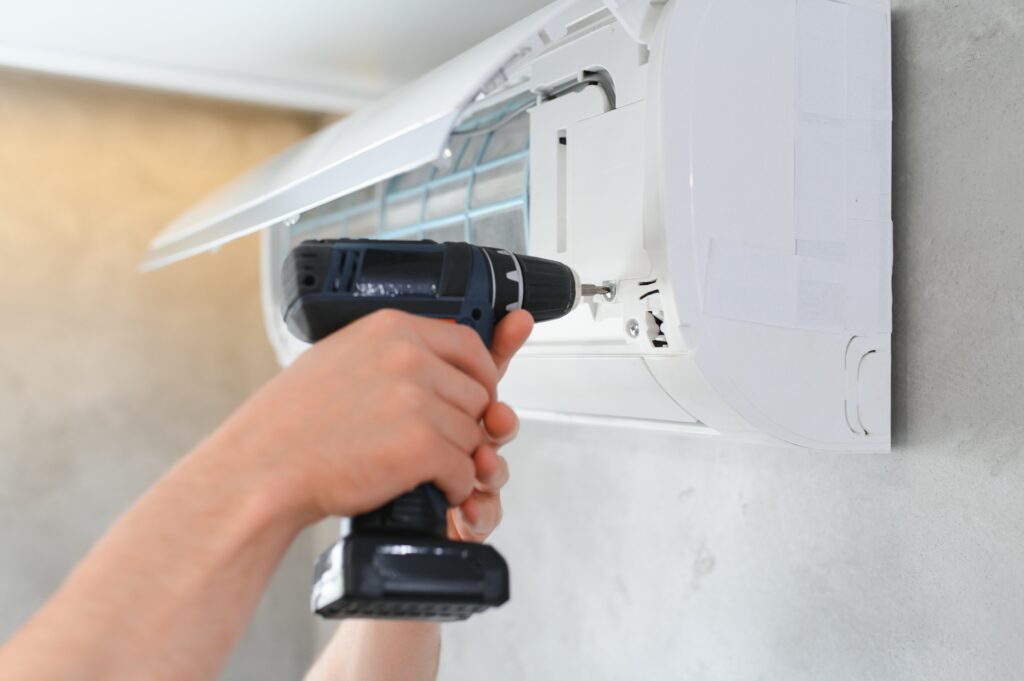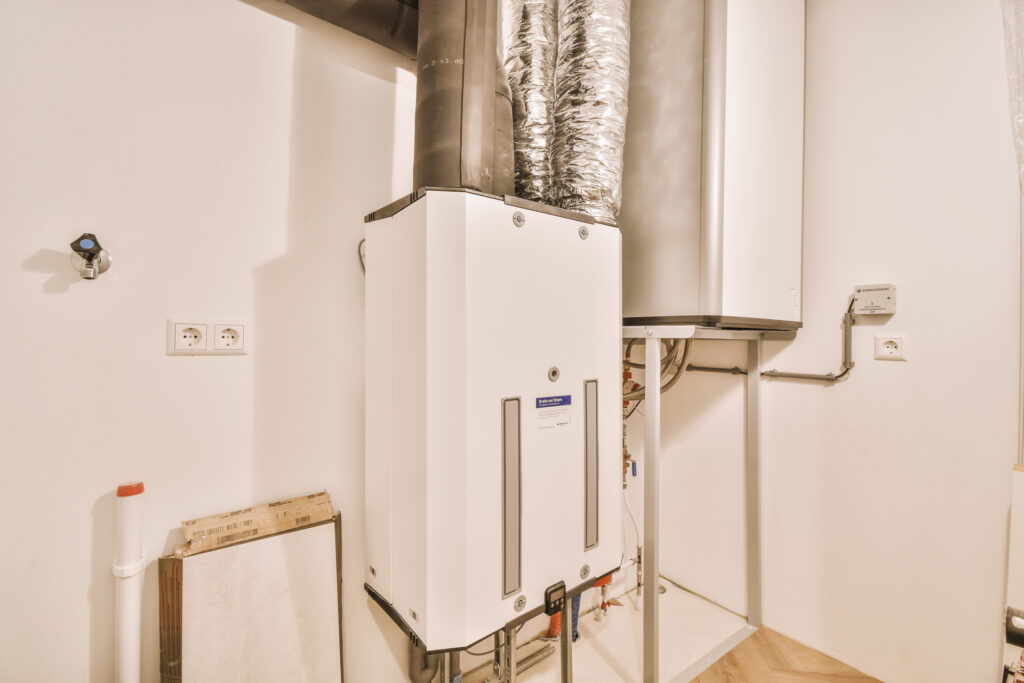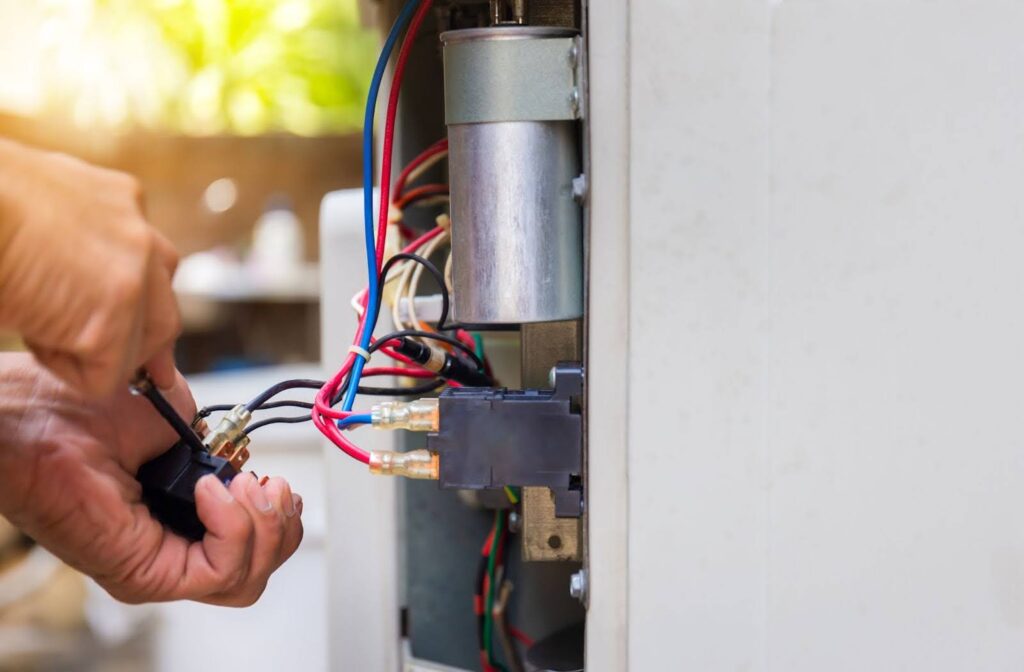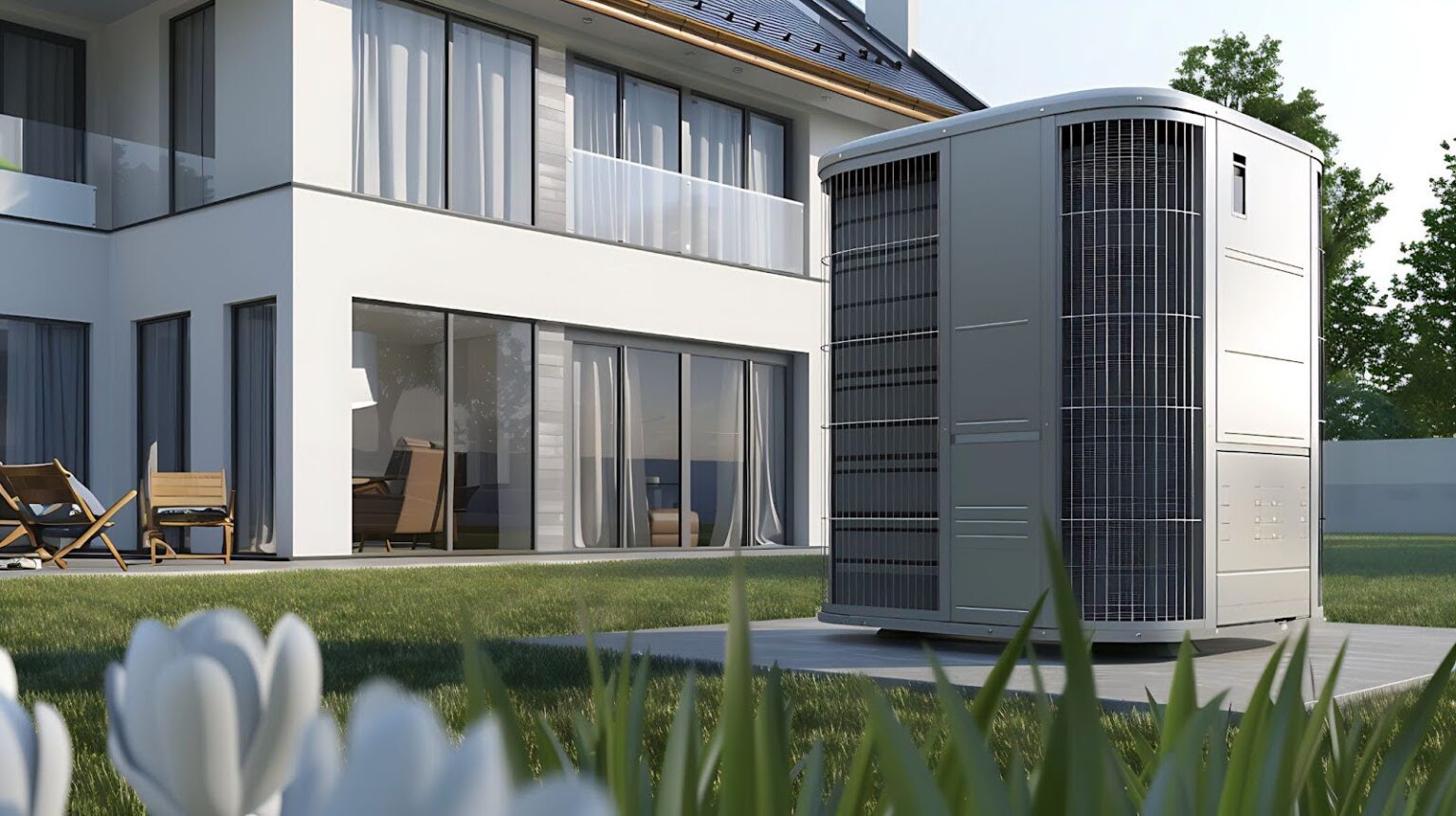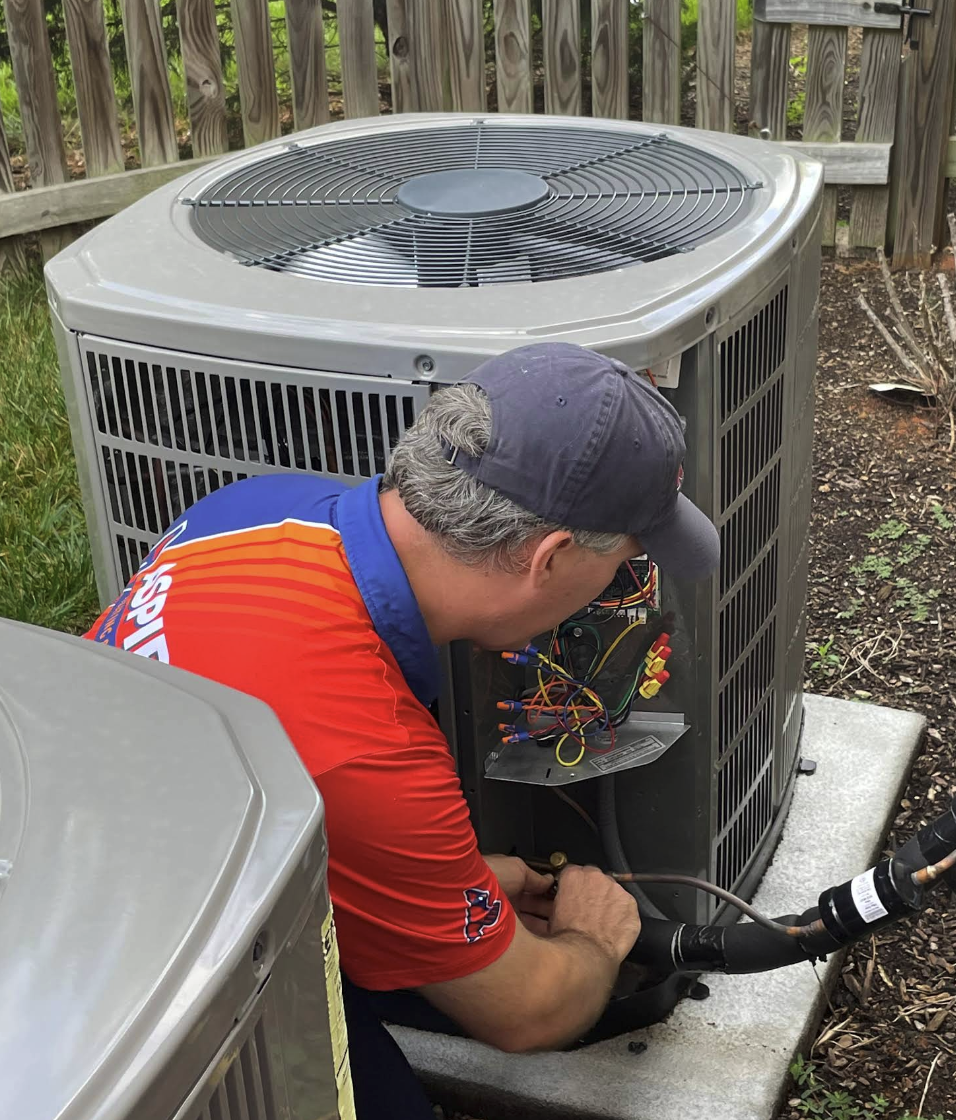Is your air conditioner struggling to keep up with the summer heat, or are you simply interested in lowering your energy bills? Upgrading your AC is a smart investment in comfort and efficiency. Today’s HVAC technology offers major improvements over older systems, with features designed to maximize performance, save on costs, and optimize indoor air quality. At Aspire Heating & Cooling, we’re dedicated to guiding you through the latest advancements so you can make the best decision for your home.
High-Efficiency Ratings: Why They Matter
When considering a new air conditioning system, one of the first things to check is its efficiency rating. The Seasonal Energy Efficiency Ratio (SEER) is the industry standard, indicating how much cooling a system delivers per unit of energy consumed. Modern air conditioners typically have SEER ratings of 14 or higher, but many high-efficiency models now have higher ratings. These systems can reduce energy use, translating to noticeable savings on monthly utility bills.
Why does this matter to you? A high SEER rating not only saves money but also reduces your environmental footprint. Energy-efficient units run quieter, last longer, and provide more consistent cooling. Over time, the initial investment pays off through lower operating costs and increased home value.
Smart Technology Integrations
The rise of smart home technology has transformed HVAC systems into intelligent, connected devices. New AC units can be paired with smart thermostats, such as the Google Nest or Ecobee, which allow you to control your home’s climate from your smartphone—even when you’re not at home. Some systems offer learning capabilities, adjusting cooling patterns based on your habits and preferences for maximized comfort and efficiency.
Integration with voice assistants like Amazon Alexa or Google Assistant adds another layer of convenience. Imagine adjusting the temperature with a simple voice command or setting automated schedules that optimize energy usage throughout the day. Many of these smart thermostats provide detailed energy reports, helping you track consumption and identify potential ways to save even more.
Advanced Air Filtering and Indoor Air Quality
Indoor air quality is a growing concern for homeowners, and today’s AC systems are equipped to address it head-on. Advanced filtration options, such as HEPA filters, UV light purifiers, and electrostatic filters, can capture and neutralize a wide range of contaminants—including pollen, dust, pet dander, bacteria, and viruses. Improving air filtration can significantly reduce allergen exposure and respiratory issues.
Some systems now feature built-in air quality sensors that monitor particulate matter, humidity, and even carbon dioxide levels, automatically activating filtration or ventilation when needed. If you have family members with allergies, asthma, or sensitivities, upgrading to a system with advanced air purification can make a noticeable difference in your home’s comfort.
Zoning Capabilities for Personalized Comfort
Many new systems support zoning, which allows you to control the temperature of different areas or “zones” in your home independently. This is especially beneficial for multi-story homes or spaces with varying sun exposure. Zoning minimizes energy waste by cooling only occupied areas, enhancing both comfort and efficiency. Homeowners often notice that rooms once difficult to cool or heat become much more manageable with a zoned system in place.
Assessing Your Future Needs
When upgrading your AC, it’s important to look beyond immediate requirements and consider how your needs may evolve. Are you planning a home addition, or might your family grow in the coming years? Flexible systems that can be upgraded or expanded are a wise choice. Features like modular components or ductless mini-splits offer scalability if your living arrangements change.
Additionally, consider warranty coverage and ongoing maintenance requirements. Well-maintained systems have a longer lifespan and fewer breakdowns, so ask your HVAC provider about maintenance plans and support. For more on this topic, check out our Repair Services to keep your system running efficiently.
Prioritizing Value and Comfort
Selecting a new AC system is about more than picking the model with the highest rating or most tech features. It’s about finding a solution that offers value, comfort, and peace of mind for years to come. Look for manufacturers and installers with a strong reputation, transparent pricing, and a commitment to customer service. At Aspire Heating & Cooling, we’re here to help you weigh your options, answer your questions, and ensure your new system is tailored to your lifestyle.
Upgrading your AC is a significant investment, but with the right features, you’ll enjoy enhanced comfort and lower bills for years to come. Interested in exploring your options? Contact us today to schedule a free consultation and take the first step toward a cooler, healthier home.

